The importance of sleep for overall health and well-being cannot be overstated. A good night's sleep is essential for maintaining physiologic, physical, mental and circadian health. Although sleep disorders can be prevented, they affect millions of people worldwide. This highlights some of the most common sleep disorders and shares behavioral interventions to mitigate their burden.
Understanding Sleep Disorders
There are several common types of sleep disorders that can affect individuals in various ways. Some of the most prevalent sleep disorders include:
- Insomnia - Characterized by difficulty falling asleep, staying asleep or unwanted early morning awakenings, resulting in poor sleep quality.
- Sleep Apnea - A condition where breathing is repeatedly interrupted during sleep, leading to disrupted sleep and potential long-term health consequences.
- Restless Legs Syndrome - An irresistible urge to move one's legs, particularly during periods of rest or inactivity, often disrupting sleep.
- Narcolepsy - A neurological disorder causing uncontrollable bouts of daytime sleepiness and sometimes sudden episodes of muscle weakness.
Understanding the causes and risk factors for sleep disorders is essential in developing effective treatment plans. Factors such as genetics, medical conditions, lifestyle choices, and environmental factors can all contribute to the development and severity of sleep disorders.
The role of lifestyle and behavior in sleep disorders is significant and often overlooked. Many individuals may unknowingly engage in behaviors or habits that contribute to poor sleep quality or exacerbate existing sleep disorders. By recognizing and addressing these factors, individuals can improve their sleep health and overall well-being.
Behavioral Interventions for Insomnia

Behavioral interventions are an essential component of Insomnia treatment. Offering evidence-based approaches improve sleep quality and duration. Some of the most effective behavioral interventions for Insomnia include:
- Sleep Hygiene Practices
Adopting healthy sleep hygiene practices can significantly improve sleep quality and reduce the impact of insomnia. Key sleep hygiene practices include:
- Creating a sleep-friendly environment - Ensuring the bedroom is dark, quiet, and comfortable
- Establishing a consistent sleep schedule - going to bed and waking up at the same time each day, even on weekends
- Limiting exposure to screens and stimulating activities before bedtime - engaging in relaxing activities such as reading or taking a warm bath instead
- Relaxation Techniques
Relaxation techniques can help individuals with sleep disorders unwind and prepare for sleep, reducing the impact of stress and anxiety on sleep quality. Some effective relaxation techniques include:
- Progressive muscle relaxation - systematically tensing and relaxing different muscle groups to release tension and promote relaxation
- Deep breathing exercises - practicing slow, deep breaths to activate the body's relaxation response
- Mindfulness meditation - focusing on the present moment and cultivating non-judgmental awareness of thoughts and sensations
- Cognitive-Behavioral Therapy for Insomnia (CBT-I)
CBT-I is a well-established treatment for insomnia that focuses on addressing the underlying thoughts and behaviors contributing to sleep difficulties. Components of CBT-I include:
- Identifying and challenging unhelpful thoughts and beliefs about sleep
- Implementing sleep restriction and stimulus control techniques
- Developing healthy sleep habits and routines
Extensive research supports the effectiveness of CBT-I in improving sleep quality, often leading to better outcomes than medication alone.
Addressing Sleep Apnea with Behavioral Interventions

Sleep apnea, particularly obstructive sleep apnea, can be significantly impacted by behavioral interventions. These interventions can help manage symptoms and improve overall sleep quality for individuals with sleep apnea:
- Maintain a Healthy Weight
Excess weight, particularly around the neck, can contribute to the narrowing of airways, increasing the likelihood of sleep apnea episodes. Maintaining a healthy weight through a balanced diet and regular exercise can reduce the severity of sleep apnea symptoms and improve overall health.
- Modify Sleep Positions
Sleeping in certain positions, such as on one's back, can exacerbate sleep apnea symptoms by causing the tongue and soft palate to collapse to the back of the throat. Adjusting sleep positions, such as sleeping on one's side, can help alleviate sleep apnea symptoms and promote better sleep quality.
- Promoting nasal breathing
Mouth breathing also known as oral ventilation is known to be associated with sleep apnea. Promoting physiologic breathing, nasal breathing can mitigate the burden of sleep apnea, especially if it's mild. Nasal dilators, nasal decongestants, and nasal saline rinses can all help promote nasal breathing.
- Orofacial myofunctional therapy (OMT).
Orofacial myofunctional therapy is a specialized form of therapy that focuses on improving the coordination and function of the muscles in the face and mouth. It involves exercises and techniques to correct improper oral habits and tongue posture. OMT has been found to be beneficial in the management of sleep apnea. By addressing the underlying muscle imbalances and oral habits that contribute to sleep apnea, OMT can help improve airway function and reduce the severity of sleep apnea symptoms. OMT is often used as a complementary treatment alongside other interventions, such as continuous positive airway pressure (CPAP) therapy, to enhance overall outcomes in individuals with sleep apnea.
Incorporating Behavioral Interventions into a Comprehensive Sleep Care Plan

Implementing behavioral interventions for sleep disorders is most effective when incorporated into a comprehensive personalized sleep care plan. This involves collaboration with healthcare professionals, personalization of interventions, and ongoing support and resources:
- The Role of Healthcare Professionals in Sleep Disorder Treatment
Working closely with healthcare professionals, such as sleep specialists and therapists, is crucial in developing and implementing a comprehensive personalized sleep care plan. Professionals can provide expert guidance, monitor progress, and adjust treatment strategies as needed to ensure optimal outcomes.
- Personalizing Interventions for Individual Needs and Preferences
Each individual's sleep needs and preferences are unique, making it essential to tailor interventions to suit their specific circumstances. Healthcare professionals can help individuals identify the most suitable behavioral interventions and develop strategies to overcome barriers to implementing these interventions.
- The Benefits of Ongoing Support and Resources
Consistent support and access to resources, such as educational materials and support groups, can enhance the effectiveness of behavioral interventions for sleep disorders. Ongoing support encourages adherence to treatment plans and provides opportunities for individuals to share experiences and learn from others facing similar challenges.
Sleep Better with Behavioral Interventions
Behavioral interventions hold significant potential to improve sleep quality and overall well-being for individuals suffering from sleep disorders. By implementing evidence-based strategies, such as CBT-I, sleep hygiene practices, and relaxation techniques, many individuals can experience better sleep and improved quality of life.
The importance of seeking help from sleep professionals cannot be overstated. A comprehensive sleep care plan, developed in collaboration with healthcare professionals, can provide the necessary guidance, support, and personalization for optimal treatment outcomes.
We encourage you to take the first step towards better sleep by exploring Empower Sleep's services. Our mission is to improve sleep quality for everyone, and we are committed to providing you with the tools, resources, and support needed to achieve lasting sleep improvements. Get started on your sleep journey today and learn more about how we can help you on your journey to better sleep and overall well-being.




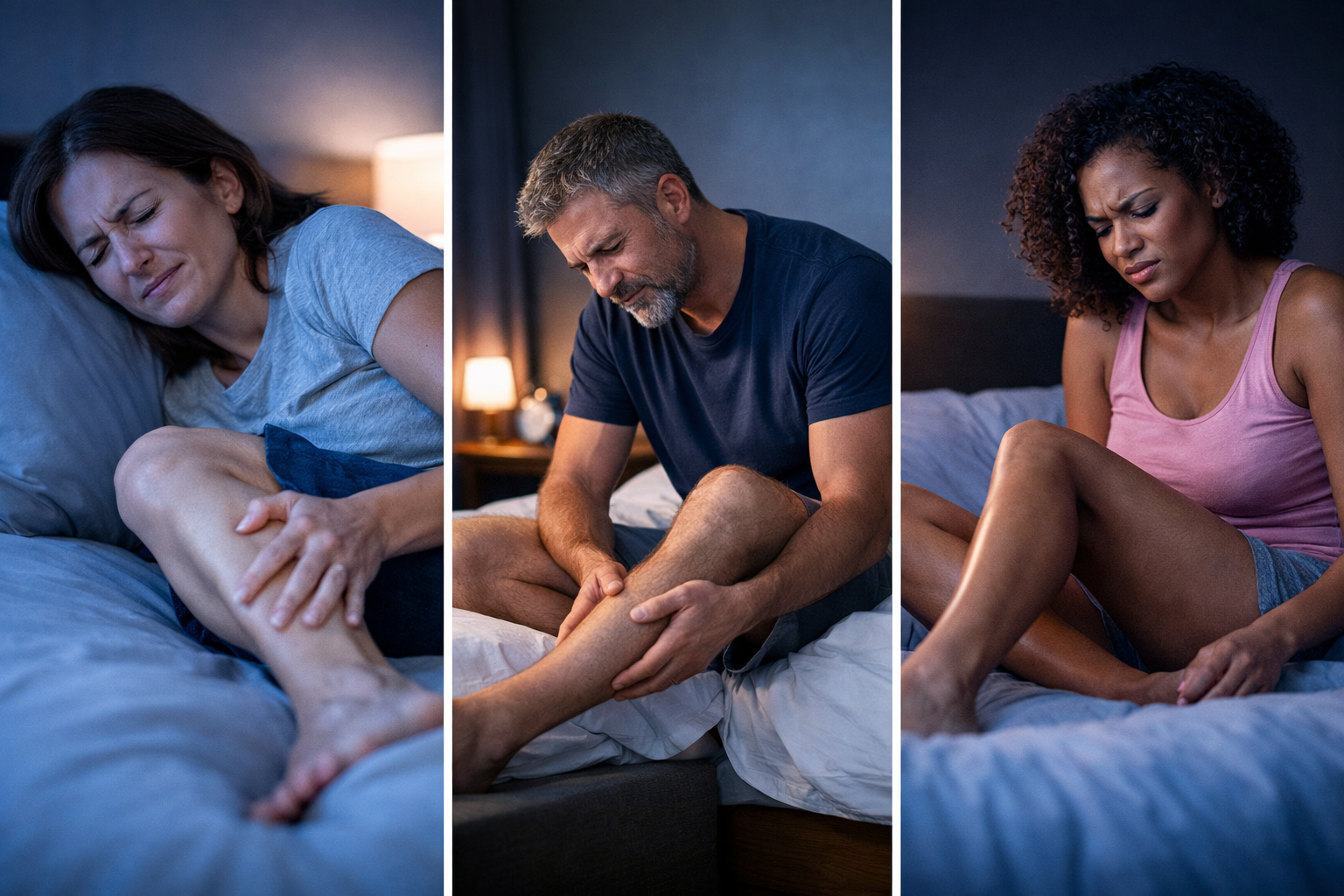



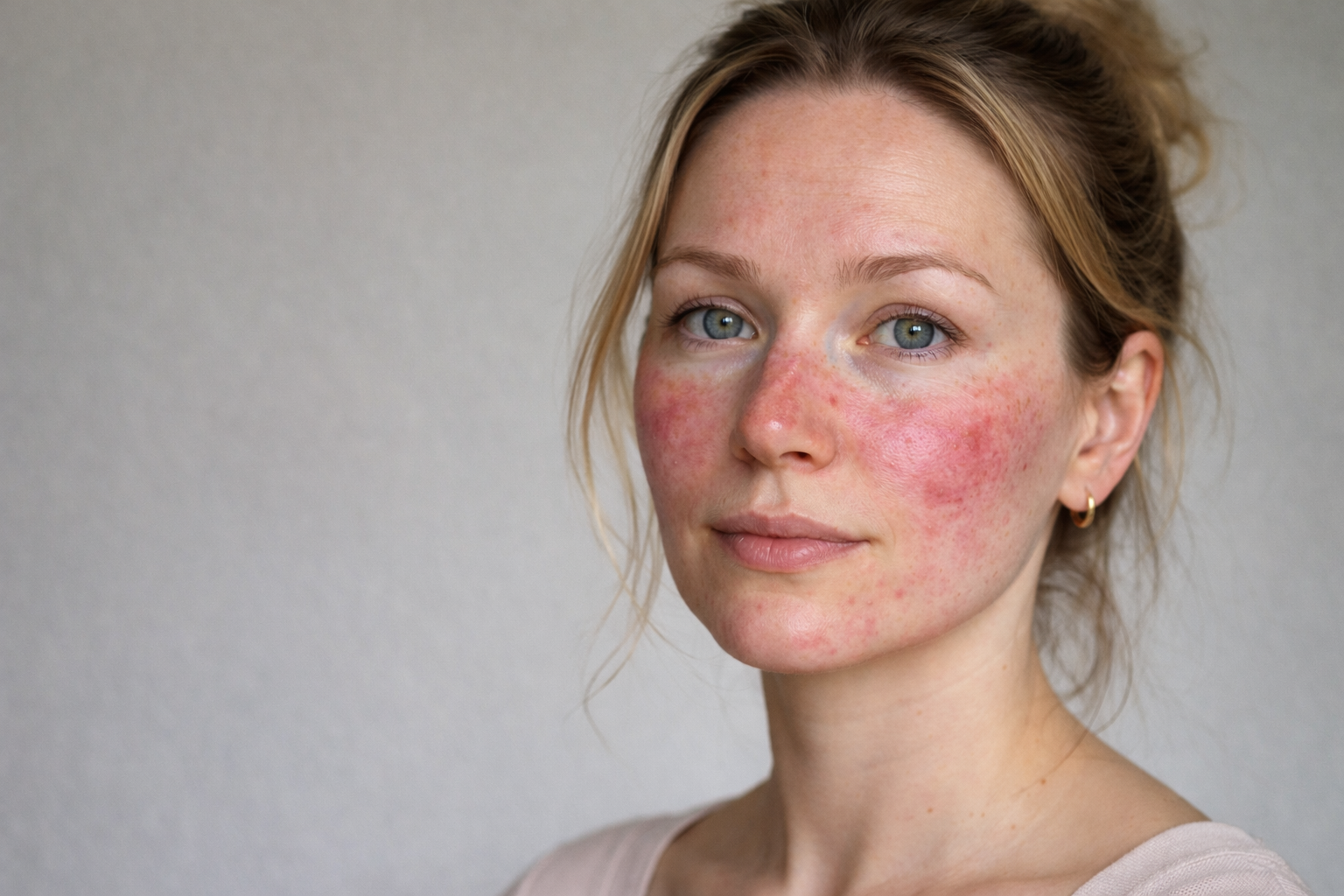


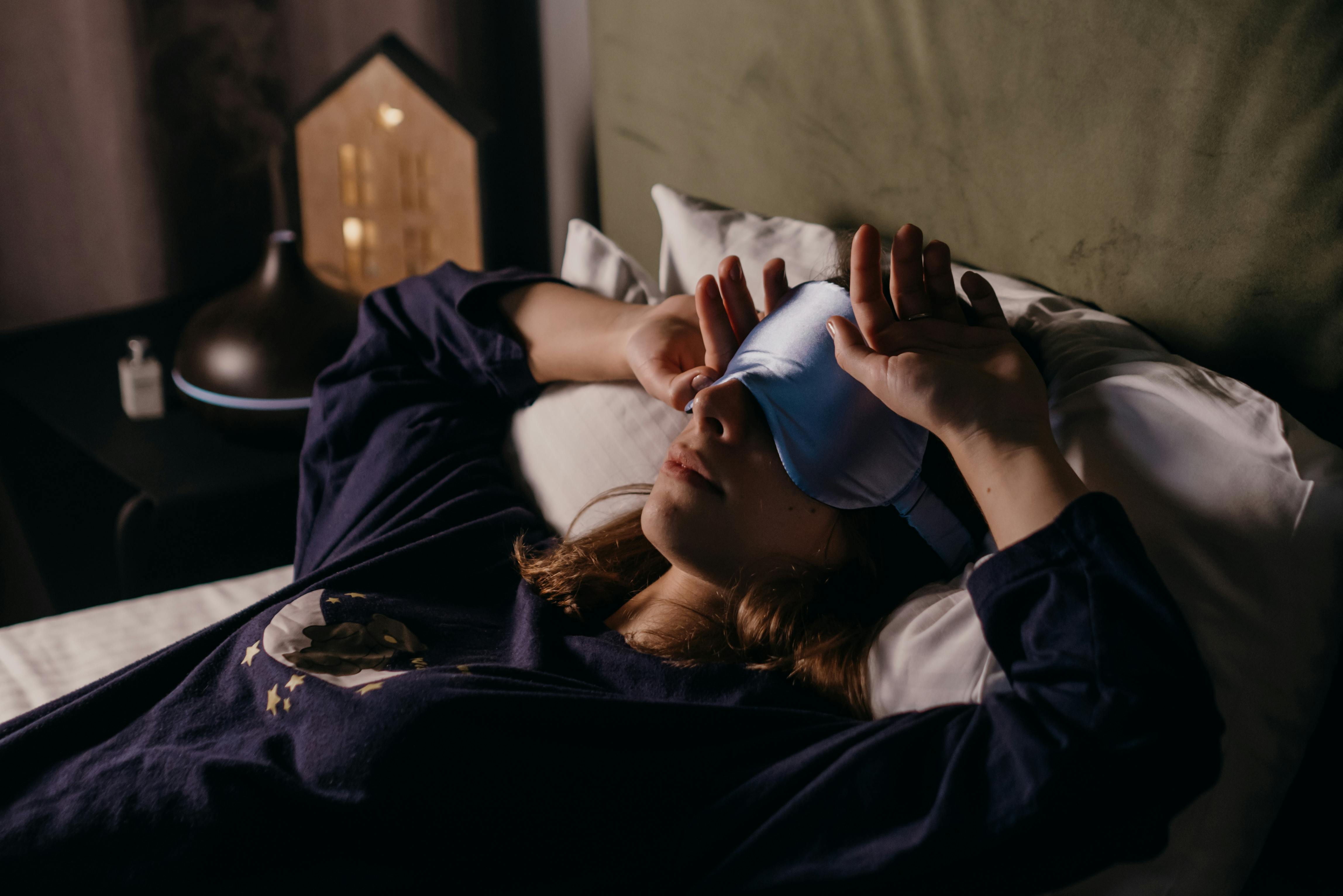












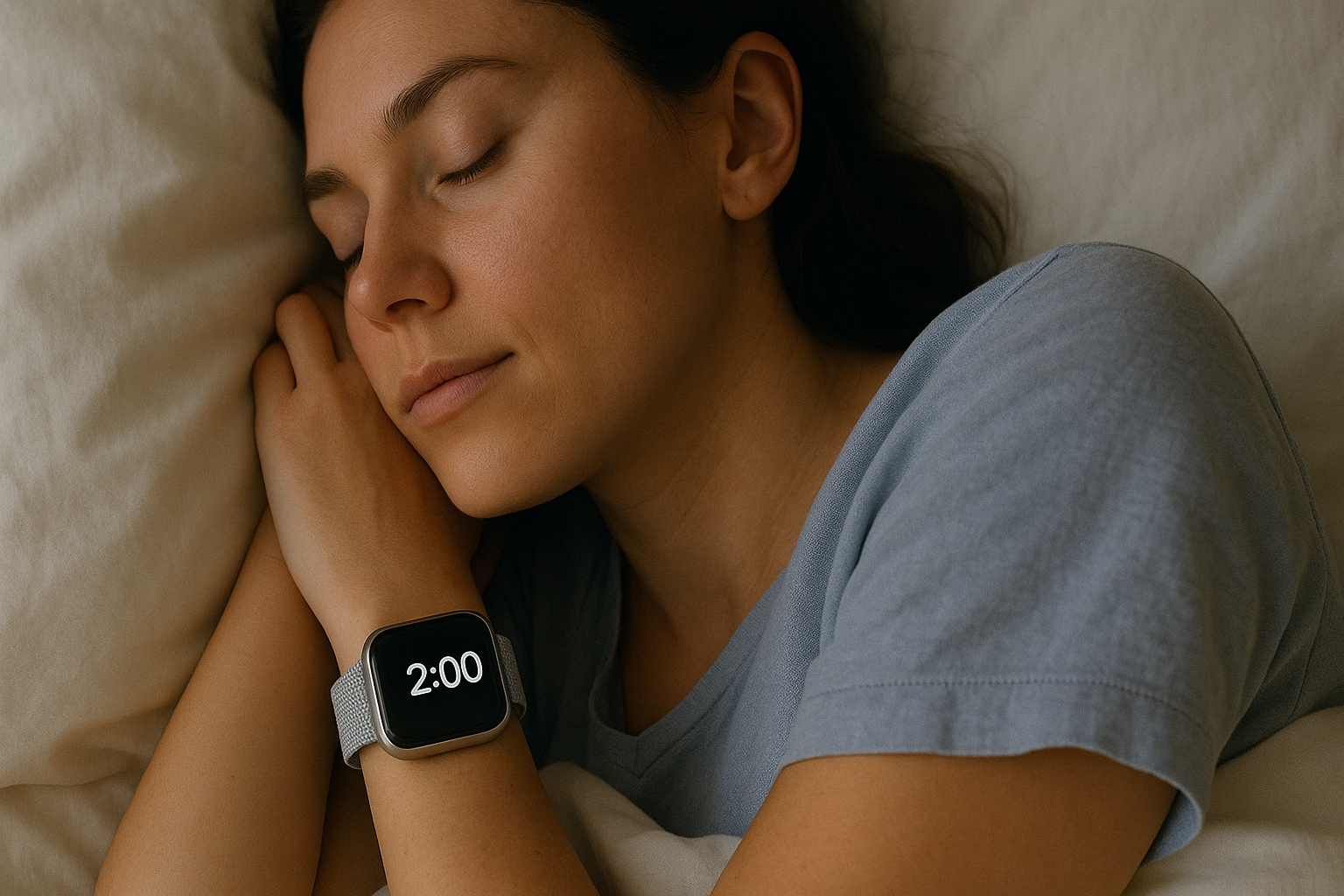


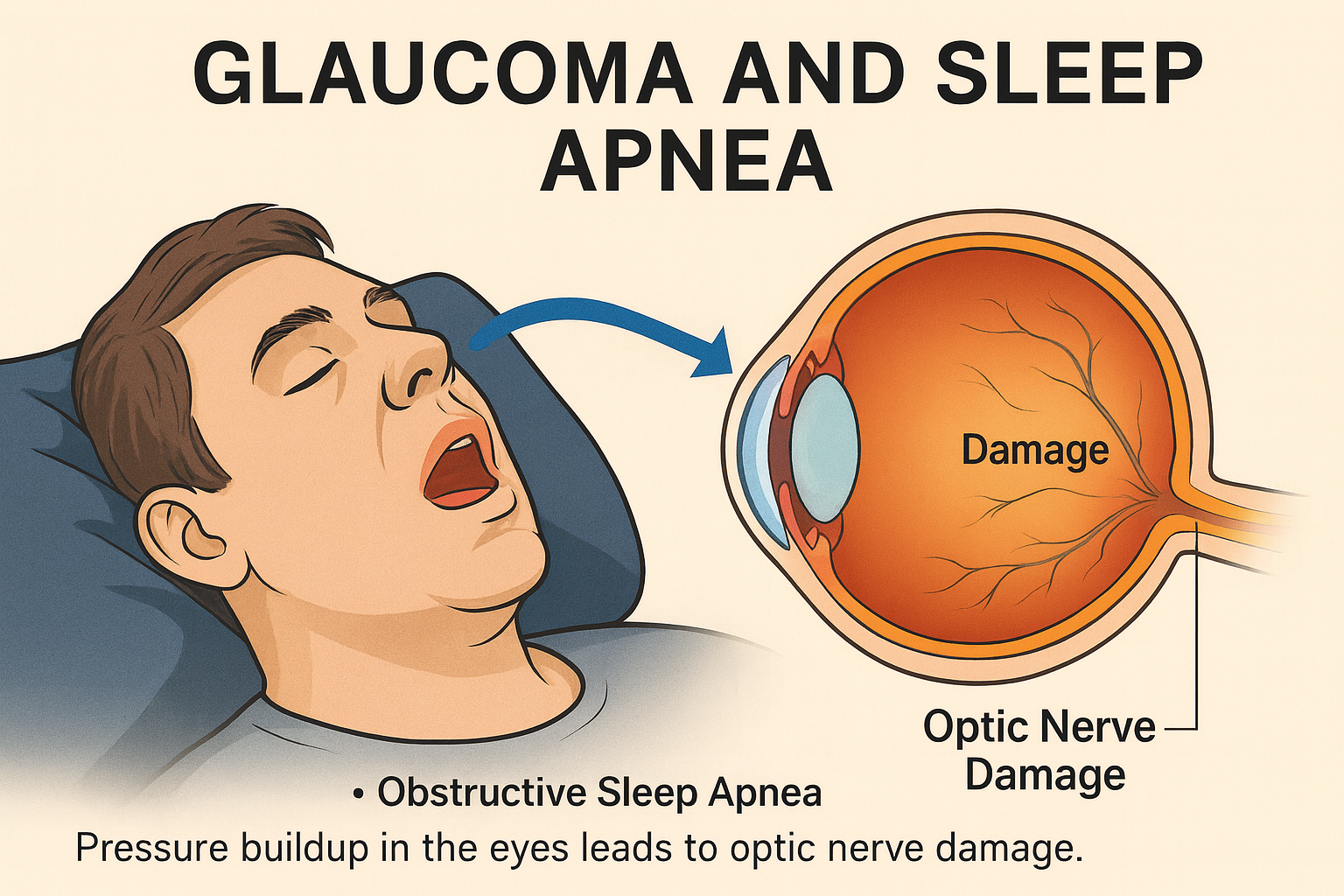

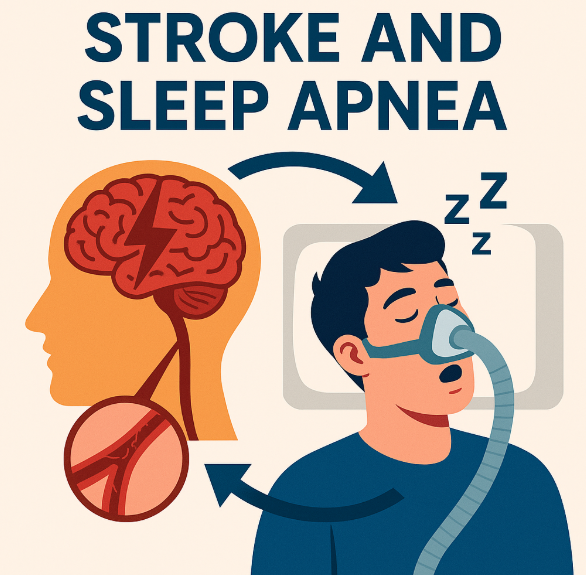
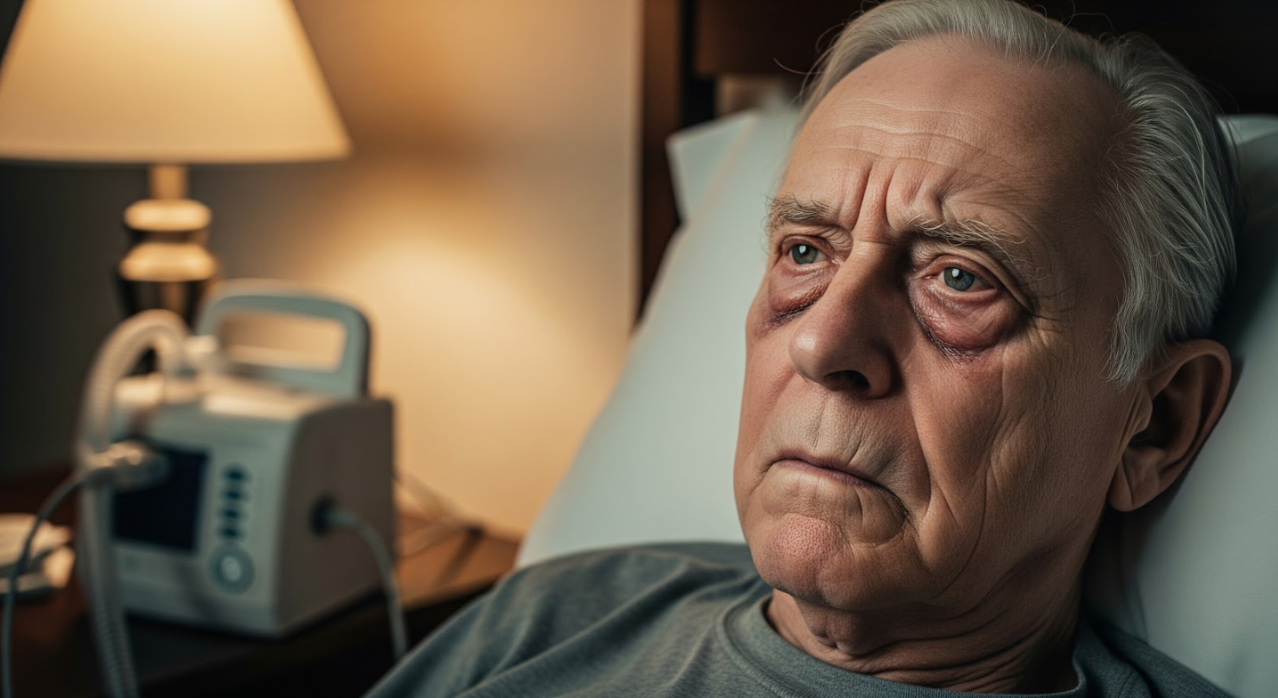































































%20thumbnail.jpg)
.png)